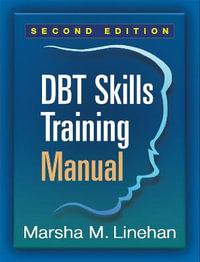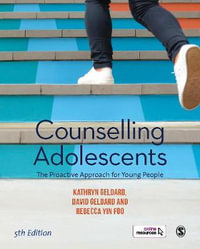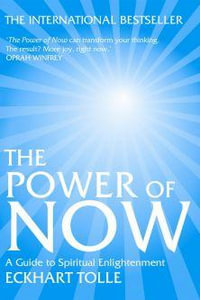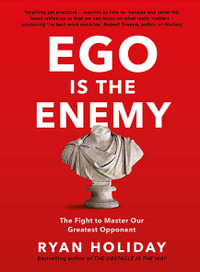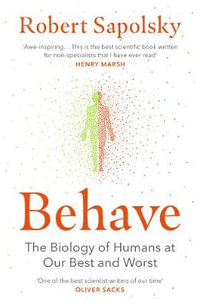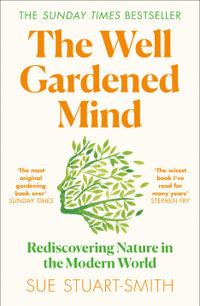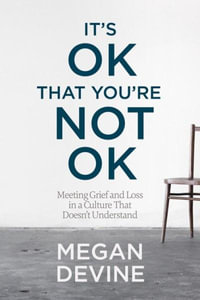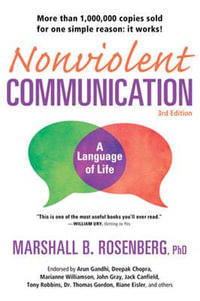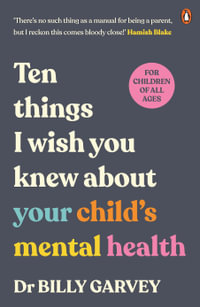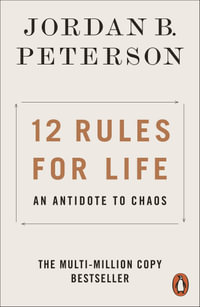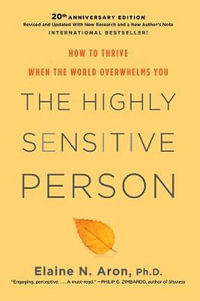"Unformulated Experience is not the usual pastiche of poststructuralist and hermeneutical theories stuck onto psychoanalysis like so many bandaids. Stern has evoked a magisterial, coherent theoretical frame of reference that places psychoanalysis (particularly post-Sullivanian interpersonalism) firmly within the postmodern critique of language; and he elaborates with great clarity and wonderfully frank vignettes the clinical implications of this position for contemporary psychoanalysis. The book will surely find its audience among those interested in psychoanalytic theory and practice. Even the most pragmatic clinician will find its clinical implications clarifying and useful. Unformulated Experience is a major contribution."
- Edgar Levenson, M.D., William Alanson White Institute
"Unformulated Experience is a book of complexity, courage, and verve. Donnel Stern combines Gadamer's hermeneutics and Sullivan'e interpersonal psychoanalysis in a move that separates him from the crowd of theorists who claim to integrate postmodern theory with psychoanalysis and psychotherapy. By doing so, he is able to guide us in confronting, understanding, and treating some of the most puzzling phenomena in the field today, such as trauma, dissociation, and multiplicity. Our ideas about memory, language, and the self will never be the same after this book - neither will our therapeutic practices nor our individual lives. At long last, our profession has produced a book worthy of being linked with the best of modern hermeneutic thought. Savor it."
- Philip Cushman, Ph.D., author, Constructing the Self, Constructing America
"Donnel Stern tackles issues that so often fall in the seams of psychoanalytic thought. What kind of intentionality is there in the act of verbalization; in using one set of words rather than another; in actively but unconsciously avoiding certain sets of words, and with them, certain meanings? To answer these and other challenging questions, Stern skillfully weaves together an extraordinary tapestry of ideas, drawing on philosophy, literature, psychoanalytic theory, and a rich array of clinical experiences. For its brilliant illumination of issues that are fundamental to all clinical theory, and for its cogent, systematic development of the author's own constructivist viewpoint, imaginatively applied to the psychoanalytic situation, I believe this book will emerge as a landmark contribution to the field."
- Irwin Z. Hoffman, Ph.D., Chicago Center for Psychoanalysis






